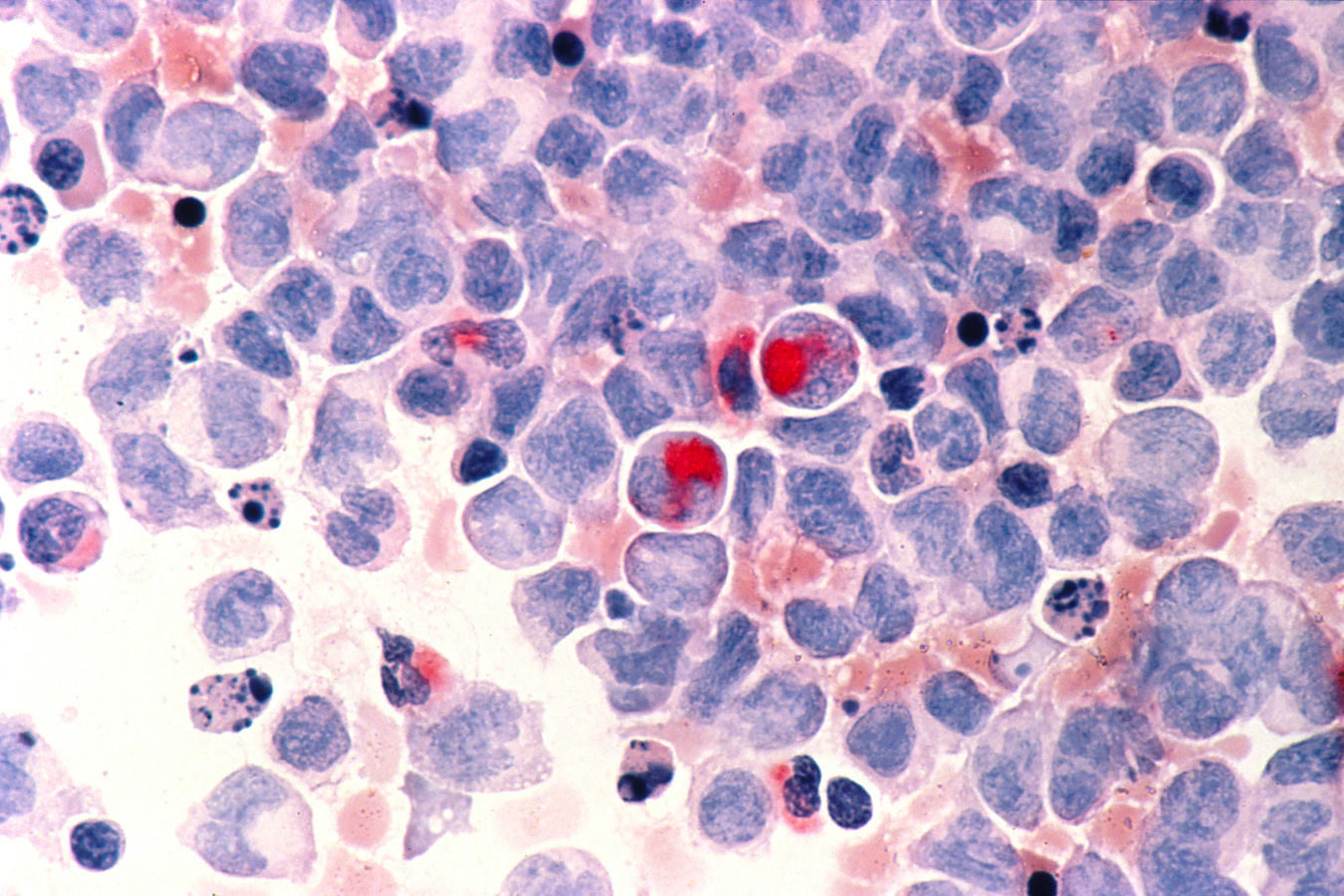
Shoreline Biosciences’ work developing “off-the-shelf” cell therapies for cancer has led to strategic partnerships with BeiGene and Gilead Sciences. Now those pharmaceutical companies are joining a $140 million investment in the biotech, which will use the cash for the manufacturing and preclinical development of its cell immunotherapies.

With the Rise of AI, What IP Disputes in Healthcare Are Likely to Emerge?
Munck Wilson Mandala Partner Greg Howison shared his perspective on some of the legal ramifications around AI, IP, connected devices and the data they generate, in response to emailed questions.
The financing announced Tuesday comes seven months after Shoreline unveiled a $43 million Series A round of funding. The company said that those investments, combined with payments from its partners, give the biotech more than $300 million to support its immunotherapy R&D.
San Diego-based Shoreline is part of a new wave of companies developing cell therapies from natural killer (NK) cells, a type of immune cell capable of killing tumors. NK cell therapies could represent an advance over the first generation of cell therapies, which are made from a patient’s own T cells in a lengthy, multi-step process. The personalized nature of this CAR-T therapy makes the manufacturing process difficult to scale. The advantage of off-the-shelf therapies is that they can be made in advance and stored, which makes them readily available when a patient needs the treatment.
Shoreline designs its NK cell therapies from induced pluripotent stem cells (iPSCs), which have the capability to become any type of human cell. The company says its technology can engineer iPSC-derived NK cells with properties that make these cells better at fighting cancer. For example, the company claims its technology can precisely reprogram NK cells so that they last longer and are more powerful cancer fighters. The company’s platform can also be used to develop macrophages, a different type of immune cell that can also be used to treat cancer.
In June, Shoreline announced a partnerships with Beijing-based BeiGene, and Kite, a Gilead subsidiary. The BeiGene deal paid Shoreline $45 million up front to begin work developing NK cell therapies for four undisclosed therapeutic targets. When the deal was announced, the companies said BeiGene had an option to acquire an equity stake in Shoreline in its next financing round.
The Kite deal is focused on using the Shoreline technology to develop chimeric antigen receptor NK targets, with the option to expand to include a macrophage program for an undisclosed target that will be selected at a later time. The amount of the upfront payment was not disclosed. Kite had participated in Shoreline’s Series A earlier in the year.
With the new cash, Shoreline said it will continue developing its iPSC platform for producing therapies based on NK cells and macrophages. The company has not disclosed which cancers it aims to treat, other than to say it is developing immunotherapies for both solid tumors and blood cancers. Addressing solid tumors would be a major advance over CAR-T treatments, which so far have proven effective only in blood cancers. Demonstrating better safety would offer NK cell therapies another advantage over CAR T, which comes with the risk of triggering a dangerous immune response as well as neurotoxicity.
The field of biotechs pursuing NK cell therapies is growing, and some companies have already reached the clinic. Similar to Shoreline, Fate Therapeutics is developing its therapies from iPSCs. In August, Fate reported preliminary Phase 1 data for its an NK cell therapy for B-cell lymphoma. Meanwhile, Wugen develops its therapeutic candidates, both NK cell therapies and CAR T therapies, by sourcing cells from healthy donors and engineering those cells. The company’s lead NK cell therapy is currently in Phase 1/2 testing in patients with acute myelogenous leukemia. In July, Wugen closed $172 million in financing to support its cell therapy research.
The past year has also seen the emergence of other biotechs. Artiva Biosciences, which launched last year, develops its therapies from NK cells that come from the umbilical cord blood of healthy donors. Modulus Therapeutics, a spinout of the Allen Institute of Artificial Intelligence, came out of stealth over the summer and revealed its AI approach to developing NK cell therapies.
Shorelines’s latest funding round was led by Ally Bridge Group. In connection with the financing, Frank Yu, founder, CEO, and CIO of Ally, joined the Shoreline board of directors. The financing added new investors BeiGene, Eventide Asset Management, Irving Investors, NS Investment, Piper Heartland Healthcare Capital, and Superstring. Earlier investors Boxer Capital, BVF Partners, L.P., Commodore Capital, Cormorant Asset Management, Janus Henderson Investors, Kite, Stork Capital, and Wedbush Healthcare Partners also participated in the round.
Public domain image of acute myelocytic leukemia from the National Cancer Institute














